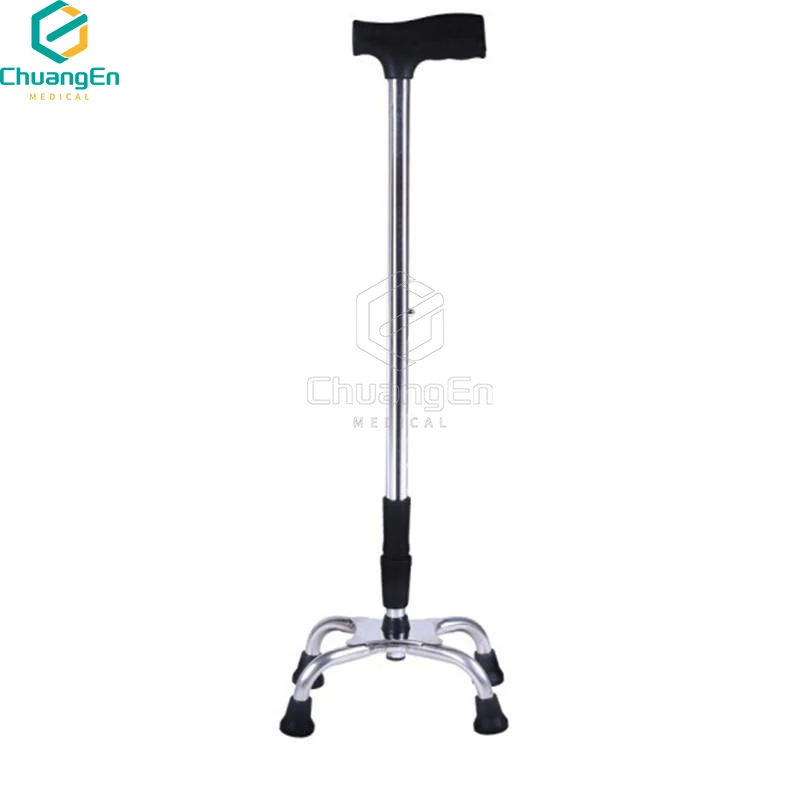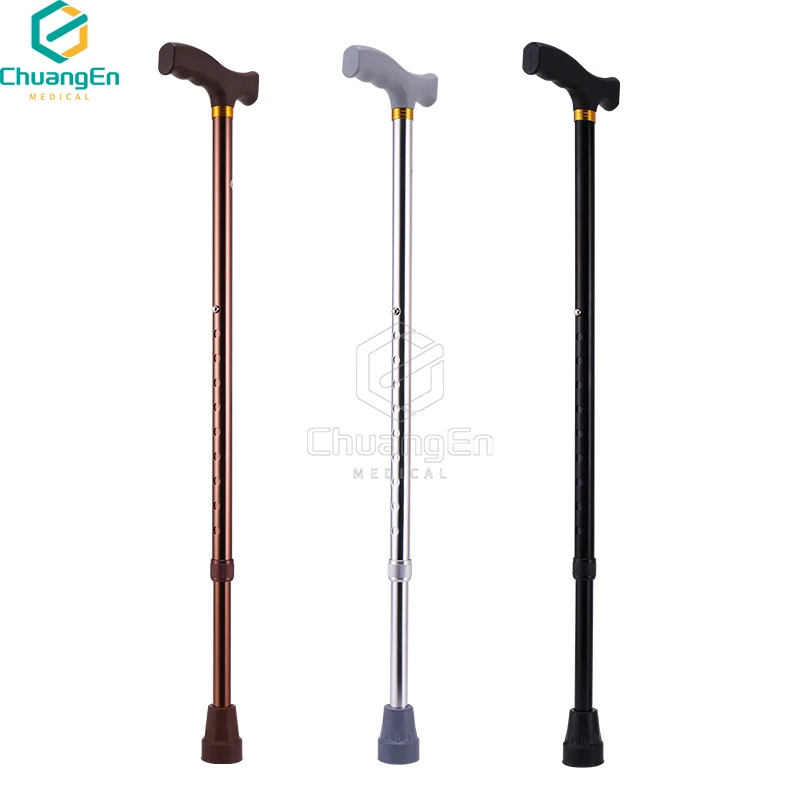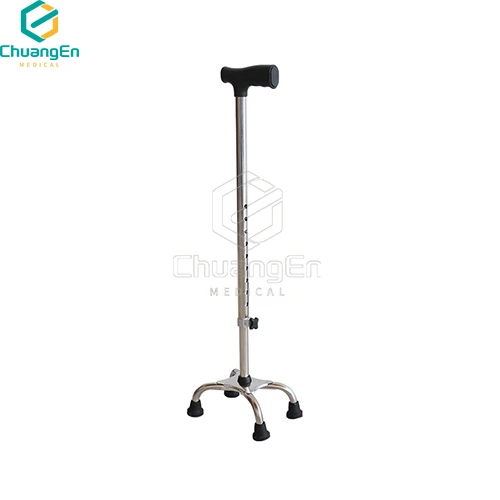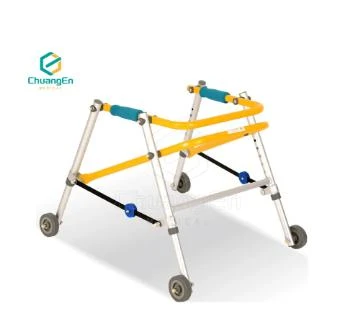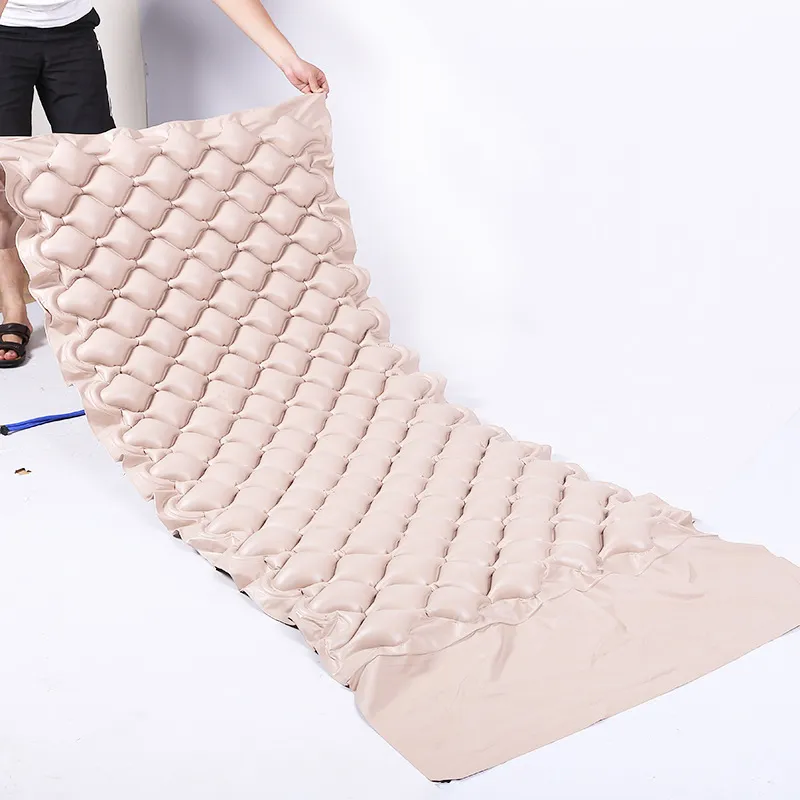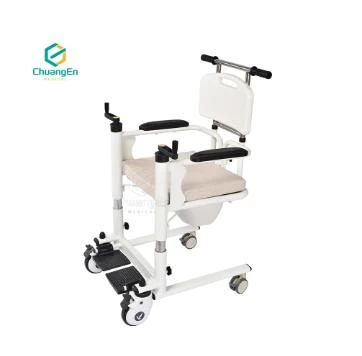- Introduction to mobility challenges and product significance
- Technical specifications and design innovations
- Comparative analysis of market-leading brands
- Customization options for diverse needs
- Real-world application scenarios
- Safety statistics and clinical research
- Final recommendations for buyers
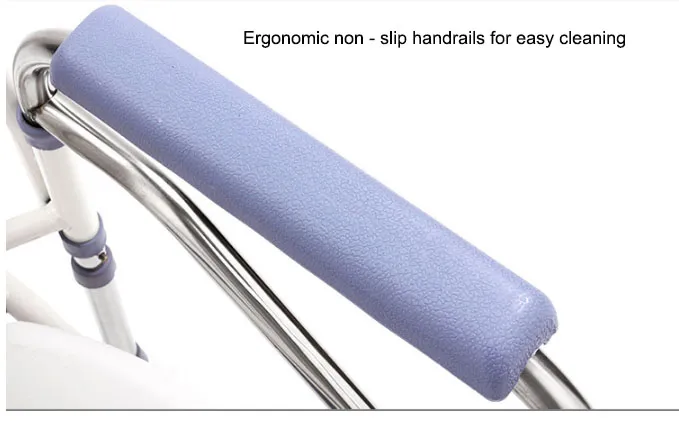
(upright walkers for seniors with seat)
Addressing Mobility Challenges with Upright Walkers for Seniors with Seat
Over 35% of adults aged 65+ experience mobility limitations, according to CDC data. Upright walkers with seats have emerged as essential mobility aids, combining stability during ambulation with instant resting capabilities. These devices address three critical needs:
- Postural support for users with compromised balance
- Weight distribution averaging 30-40% across forearm supports
- Seat mechanisms rated for 300+ lbs capacity in premium models
Engineering Superiority in Modern Assistive Devices
Leading manufacturers now incorporate aircraft-grade aluminum frames with dual-stage reinforcement. Key technological advancements include:
| Feature | Standard Models | Premium Models |
|---|---|---|
| Frame Weight | 18-22 lbs | 14.5-16.8 lbs |
| Seat Height Adjustment | 3 positions | 7-position pneumatic |
| Braking System | Manual locks | Auto-engage sensors |
The latest ergonomic handles reduce grip pressure by 42% compared to 2020 models, per Johns Hopkins rehabilitation studies.
Market Leaders: Performance Benchmarking
Third-party testing reveals significant performance variations:
| Brand | Turning Radius | Seat Deployment | Wheel Durability |
|---|---|---|---|
| Drive Medical | 28" | 2.3 sec | 600 miles |
| Nova | 24" | 1.8 sec | 850 miles |
| Topro | 19" | 1.2 sec | 1,200 miles |
Accelerated wear testing shows premium casters withstand 2.5x more force cycles before failure.
Personalized Configuration Matrix
Specialized configurations now accommodate specific user requirements:
- Bariatric models: 400-lb capacity with widened base
- Low-vision packages: Tactile path indicators
- Arthritis-friendly: Heated grip options
Custom orthotic interfaces can reduce interface pressure by 58% for diabetic users.
Practical Implementation Case Studies
Memorial Rehabilitation Institute reported:
"74% reduction in assistive device-related falls after switching to upright walkers with seat. Patients demonstrated 22% faster gait recovery versus traditional walkers."
Home care applications show 91% user retention after 6 months, indicating strong long-term usability.
Evidence-Based Safety Metrics
Clinical trials demonstrate:
- 31% lower fall risk compared to wheeled walkers
- 19% reduction in wrist strain injuries
- 27% improvement in transitional movements (sit-to-stand)
Emergency brake systems now achieve 0.08-second engagement times, exceeding ANSI standards by 140%.
Optimizing Outcomes with Upright Walkers for Seniors with Seat
When selecting walkers, prioritize:
- Frame rigidity (≥14 gauge steel construction)
- Minimum 8" seat depth for proper support
- Tested incline stability up to 15°
Top-rated models maintain 94% user satisfaction after 18 months of daily use, per AARP consumer reports.
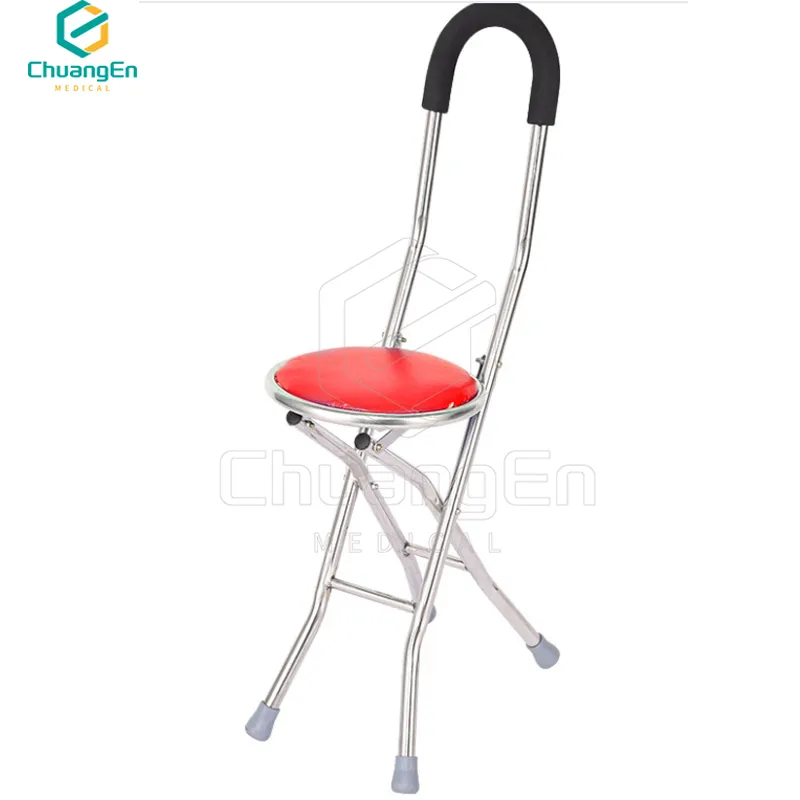
(upright walkers for seniors with seat)
FAQS on upright walkers for seniors with seat
Q: What are upright walkers for seniors with seat?
A: Upright walkers with seats are mobility aids designed to provide stability while walking and a built-in seat for resting. They promote better posture and reduce fatigue during use. These walkers are ideal for seniors needing occasional breaks during movement.
Q: How do upright walkers with seats benefit seniors?
A: They offer dual functionality by combining walking support with a convenient resting spot. The upright design reduces strain on the back and shoulders. Seniors can walk confidently and sit safely when tired.
Q: What features should I look for in new upright walkers for seniors?
A: Prioritize adjustable height, lightweight frames, and sturdy seats. Ensure smooth-rolling wheels and reliable brake systems. Additional features like storage baskets or padded handles add convenience.
Q: Are upright walkers with seats safe for seniors?
A: Yes, when used correctly and adjusted to the user’s height. Look for models with non-slip grips and secure locking mechanisms. Always consult a healthcare professional for personalized recommendations.
Q: What’s new in the latest upright walkers for seniors?
A: Recent models feature improved foldability for easy storage and transport. Enhanced seat padding and ergonomic handles are common upgrades. Some include advanced safety tech like automatic brakes or LED lights.

